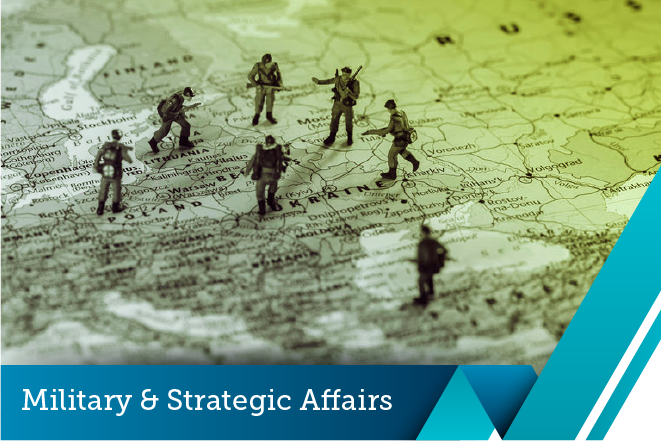Publications
Military and Strategic Affairs, Volume 6, No. 2, August 2014

Global experience with oil and natural gas production indicates that international energy companies do not refrain from operating in areas of conflict and are not easily deterred by periodic terrorist attacks on their facilities. However, the case of the Nigerian Movement for the Emancipation of the Niger Delta (MEND) shows that even large corporations are liable to close their facilities when there is a direct attack on their foreign (non-local) employees. Israel can learn from the Nigerian experience how to cope with the vulnerability created by its dependence on foreign employees and consequential threats directed against its natural gas resources. A short term lesson is that Israel must ensure the safety of employees in its Exclusive Economic Zone (EEZ), even when they are employed by a foreign company that is obligated to protect them. A long term lesson is that Israel must reduce its dependence on foreign experts by training a local workforce that may be less affected during times of national crisis.
These aspects are as important for Israel’s energy security as the facilities’ physical protection.
The opinions expressed in INSS publications are the authors’ alone.
Publication Series Military and Strategic Affairs


